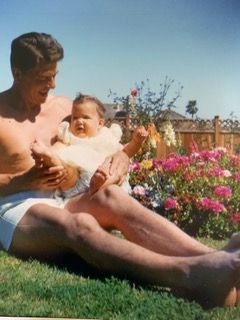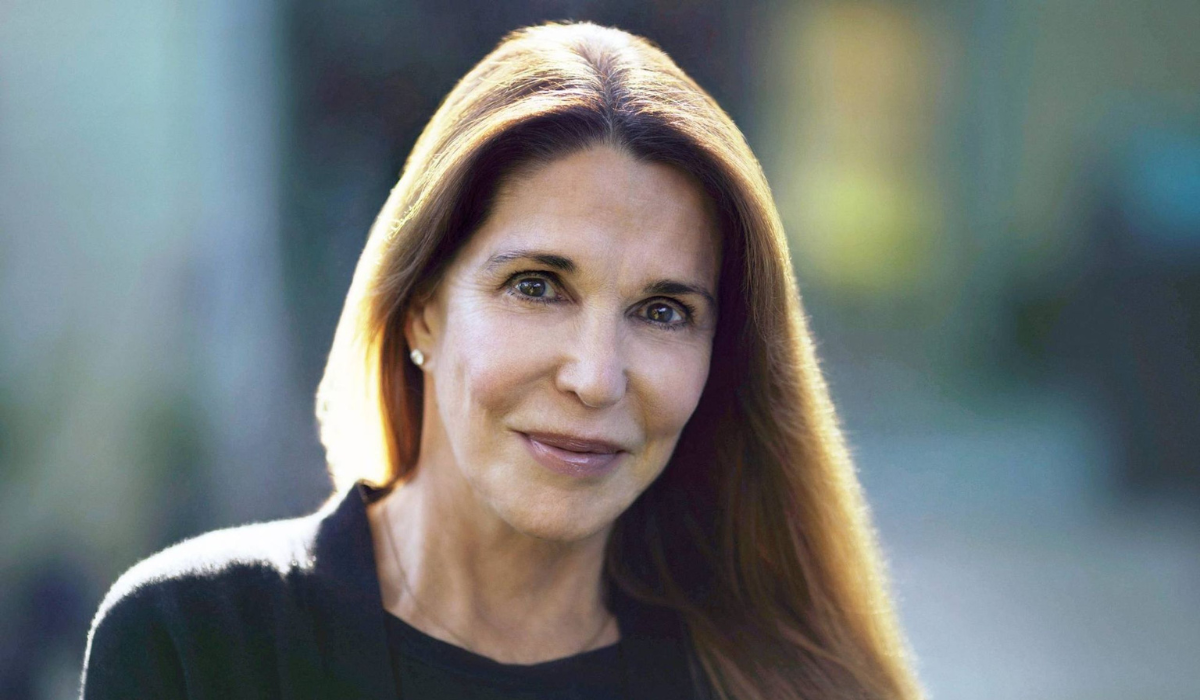Our Country Needs a Father Figure Today More Than Ever
My father died a couple of weeks before Father’s Day. Suddenly, a holiday that had been challenging to me, mostly because I was never sure how to express myself to my father, became achingly meaningful. For decades, I had stood in front of card displays every June, trying to find an appropriate card. The Hallmark messages of “you were always there” and “you always lit the way for me” were not cards I could hand to my father with any degree of earnestness. Ronald Reagan had a remoteness to him, an elusiveness that left me, and I dare say all his children, feeling as if we were on the other side of a riverbank, waving at him, hoping to cross over and reach him.
When my father was elected to parent America in 1980—which is what I believe presidents are elected to do—I felt that any chance of growing closer to him was lost. I have said often that I had a sibling rivalry with America. This country seemed to be the most important family member, the one who brought tears to his eyes and kept him awake at night searching for ways to make her better. Caring for America was the reason he believed God had spared his life after John Hinckley’s bullets missed his heart by mere centimeters.

So, Father’s Day was a complicated holiday for me. That is, until he died on June 5, 2004. Father’s Day was on June 20th that year, and by that time, the country had mourned along with my family, had slowed down in grief, had (for the most part) set politics aside to honor the passing of a good man. A man who had shouldered America’s grief when the Challenger exploded in the morning sky. A man who believed in speaking directly to the country, even if it meant accepting blame and apologizing, which he did in the unraveling of Iran-Contra. When it came to America, he understood his role as parent and never shied away from it. This is not a comment about politics, but about presence.
It’s that presence we miss now—the dependability of a father figure leaning over our country when we feel broken and afraid, telling us that he understands our fears and is doing everything he can to assuage them. Joe Biden means well, he is clearly an empathetic person, but he is like the grandfather who lives in another city and only shows up on holidays. Where has he been during the debt crisis when millions of Americans have been terrified that they would lose everything, that they wouldn’t get their Social Security checks, that Medicare wouldn’t be there for them? Some version of FDR’s Fireside Chats would have been appropriate. Why hasn’t he addressed the nation after every single mass shooting that has left us drowning in tears and blood and helplessness? We Americans are like abandoned children right now, with no parent to open their arms and say, ‘Come, lean on me—I’m here for you.’
Missing my father has been a familiar thread in my life. I got used to reaching for more of him and feeling disappointed. Ironically, I got closer to him in the ten years when Alzheimer’s whittled him away. There were fewer obstacles between us. The disease strips a person down to their essence, to who they truly are beneath all the worldly accoutrements, and I was able to float along with my father’s gentleness, his kindness. There was a peace between us that didn’t exist before; it was a simpler time. I’ve missed him terribly since he died, which I expected. What I didn’t expect was to miss him as the father figure of America. For so many years, I assumed that my resentment of this country’s claim on his heart would last forever, but when we all grieved together, that resentment vanished.
I once felt bonded to this nation in grief, but now it seems we’re bonded in fear. I’m one of millions who has very little confidence that our democracy will survive. It’s the terror that waits behind the curtain. When I was a small child and had a nightmare, often it was my father who came into my room to comfort me. I remember seeing his shape fill up the doorway and instantly some of my fear would start to dissipate. He would listen to me describe my nightmare and then console me by telling me that I was awake now and nothing was going to hurt me—he would make sure of that.
America is that child right now, fending off the nightmares of gun violence, rising hatred, a planet that is disintegrating, a government that appears dysfunctional, and the paralysis of economic uncertainty. We’re waiting for a father figure to fill up the doorway, to light a lamp in the darkness, to tell us that he understands why we’re afraid, to assure us that his shoulders are broad enough for us to lean on.
That’s what we should look for on Father’s Day.
Patti Davis is an author of many books, including The Long Goodbye, in which she explored the experience of losing her father to Alzheimer's. The lessons she learned from the ten years of her father's illness inspired her to create a support group program for caregivers of people with dementia called Beyond Alzheimer's. Her most recent book, which is an extension of that support group, is Floating in the Deep End, which you can order here.




